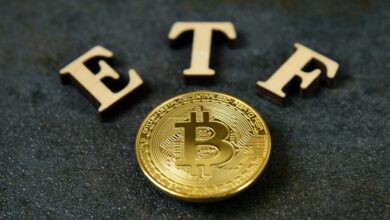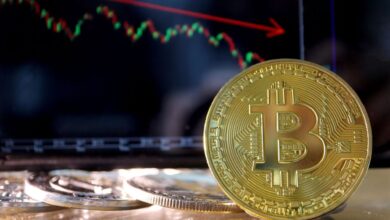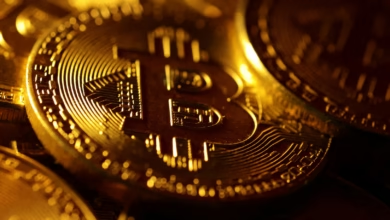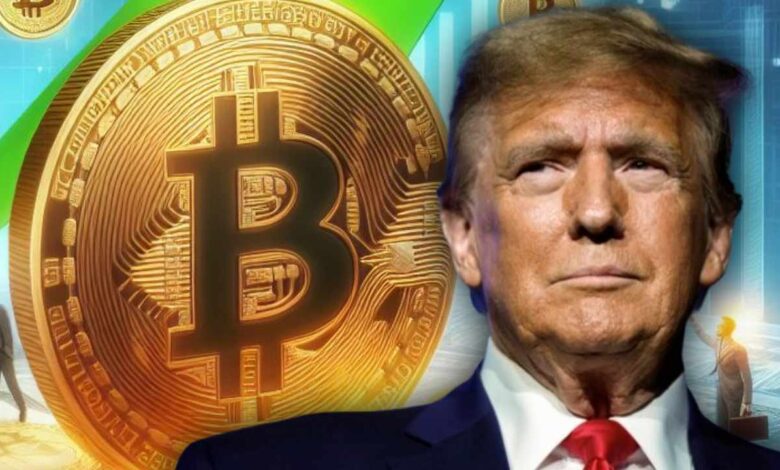
Trump’s Vision to Make U.S. a Bitcoin Superpower
Aiming high, former President Donald Trump wants the United States to become the “undisputable Bitcoin superpower” and the “crypto capital of the world.” This audacious statement, made at a keynote speech at the Blockworks Digital Assets Summit in New York City, represents part of his vision for redefining U.S. financial policy and its posture on the international scene.
As a clear break from past administrations, Trump’s approach reflects a fresh emphasis on using cryptocurrency to boost national security, technological innovation, and economic growth.
Trump’s Cryptocurrency Regulatory Strategy
One of the main elements of Trump’s strategy is a significant change in legal approach toward cryptocurrency. Historically, especially under past administrations, the U.S. government has approached the Bitcoin sector cautiously and sometimes restrictively. Under Trump’s direction, however, the U.S. government seeks to create a more favorable climate for digital assets such as Bitcoin and Ethereum, which have attracted growing worldwide attention.
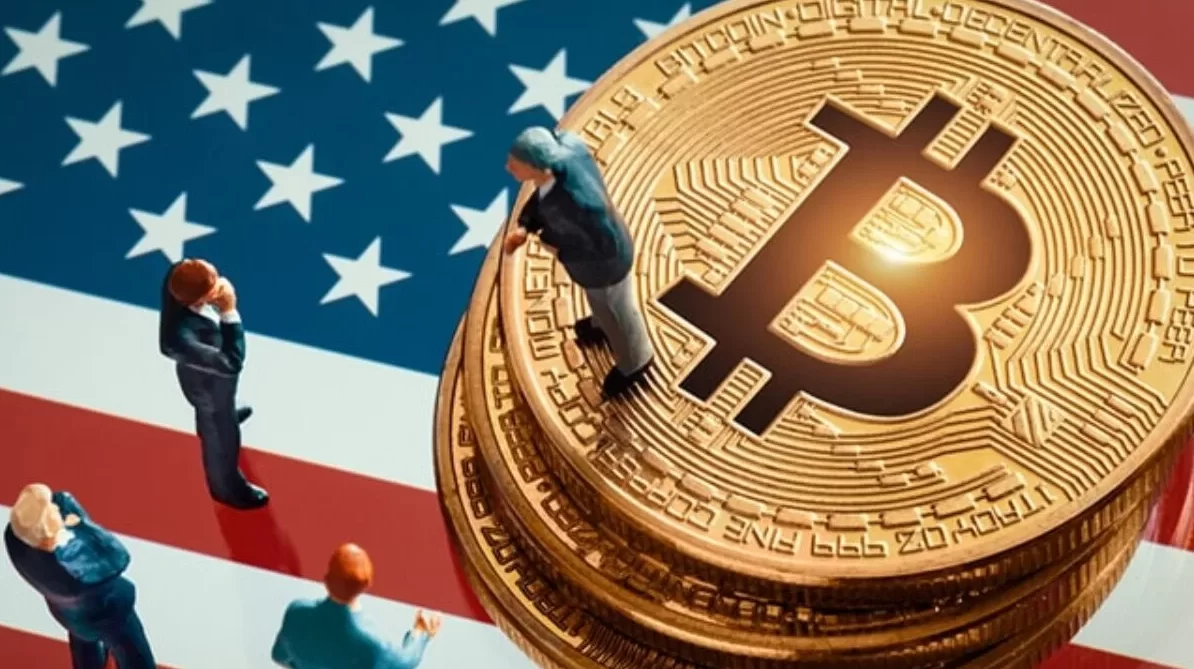
Under Trump’s proposal, the regulatory environment should be transparent and predictable so that the Bitcoin market may expand under control and remain safe. He asks Congress to create thorough rules, especially emphasizing stablecoins and the more extensive market infrastructure. By doing this, Trump wants to provide businesses and investors in the Bitcoin sector with consistent and predictable surroundings. This would cover home policies and the American position on international cryptocurrency control.
Strategic Bitcoin Reserve
Trump has signed an executive order creating a Strategic Bitcoin Reserve, which would place Bitcoin as a digital equivalent of the United States’ gold reserves in an unprecedented action. This reserve would help maintain the nation’s leadership in the Bitcoin sector and provide a basis for future developments in blockchain and digital finance technology.
The Bitcoin Reserve’s concept replicates gold’s strategic relevance to the U.S. financial system. It offers a hedge against inflation, world economic volatility, and the rising acceptance of digital assets globally. Creating such a reserve would help confirm the U.S. as a top power in digital finance as cryptocurrencies become increasingly used.
Trump’s Crypto Agenda
Trump has frequently denounced what he sees as harmful policy decisions taken under past administrations. One example is Operation Chokepoint 2.0, a divisive project restricting Bitcoin businesses’ access to financial services. He has denounced this program as “lawless” and a governmental overreach that stunts creativity and investment in the digital asset market.
Promising to free innovators and entrepreneurs from what Trump described as “unnecessary roadblocks,” Trump’s administration aims to reverse these regulations. He has devoted himself to ensuring people and companies connected to cryptocurrencies have access to the required financial tools for running and expanding. rump’sRump’s posture on the T is to create a more open and favorable atmosphere for Bitcoin innovation, helping U.S.-based businesses flourish in an increasingly competitive world.
Trump’s Crypto Support
Prominent players in the bitcoin space have already supported Trump’s proposal. Renowned investor Kevin O’Leary, a frequent Shark Tank TV program guest, has complimented Trump’s strategy, stressing that Crypto Market would depart from their “cowboy era under his direction. ” O’Leary thinks that Trump’s stated regulatory clarity will enable cryptocurrencies to interact more effectively with conventional financial systems, helping validate the digital asset market and provide stability.
With the possibility of boosting investor trust and inspiring institutional investment in digital assets, industry leaders like O’Leary see Trump’s plan as a vital first step toward widespread acceptance of cryptocurrencies. Should Trump’s ambition be realized, it might help lower the historical volatility of the bitcoin market, therefore drawing more conservative investors.
Crypto’s Impact on Washington
Besides legislation, Trump’s idea of a future dominated by cryptocurrencies also affects Washington, D.C.’s society. The growing importance of digital currencies drives changes in several conventional venues and companies in the capital. For instance, ubkey, a bar and event venue exclusive to cryptocurrencies, first opened in Greenwich Village in New York and has grown to Washington, D.C. Its goal is to provide a conversation and networking center for tech entrepreneurs, investors, and legislators to discuss blockchain and bitcoin technologies.
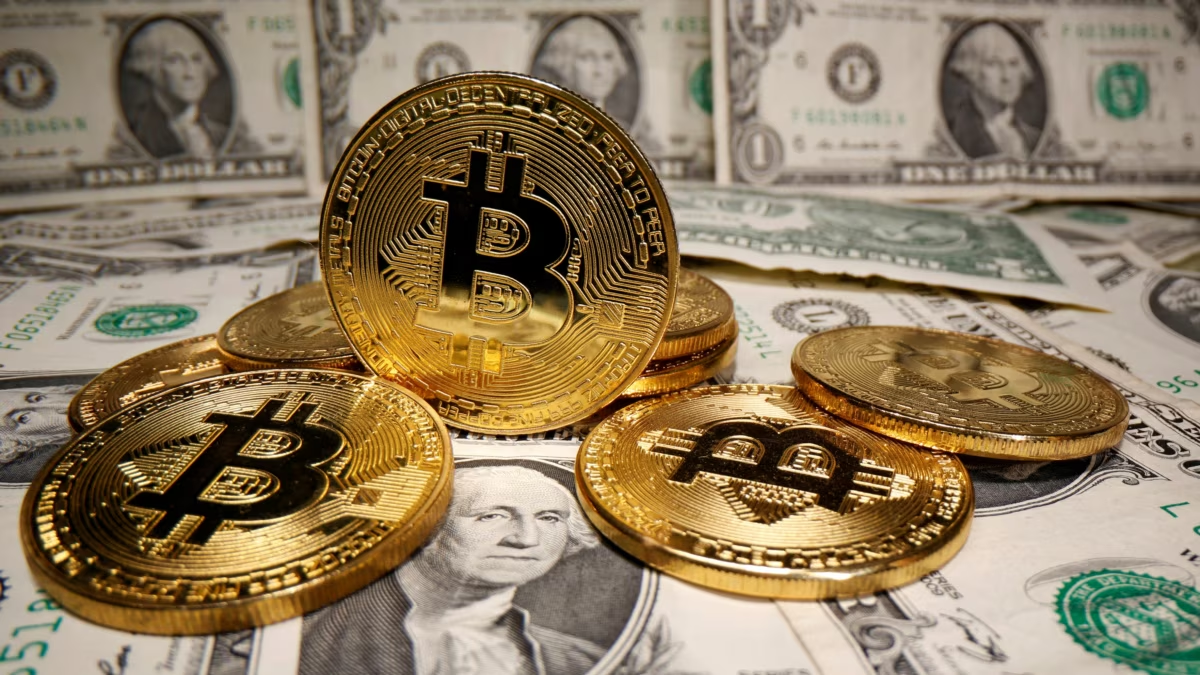
This change suggests that Washington is realizing the relevance of the crypto industry since it signifies a more significant societal acceptance of digital currency in policy spheres. The emergence of crypto-themed clubs and social events highlights the increasing impact of cryptocurrencies on political debate and captures how profoundly digital tools are ingrained in American corporate life.
Trump on Cryptocurrencies
In his speech, Trump underlined how technological cryptocurrencies like Bitcoin may spark innovation and significant economic development. He presented his distance of digital assets as a means for the United States to keep its leadership in financial technologies and, therefore, more economic stability and growth using this tool.
The Trump administration sees cryptocurrencies as a way to increase financial inclusion and give Americans fresh financial tools free from conventional banking institutions. Furthermore, omitting to revolutionize many sectors outside banking, including supply chain management, healthcare, and more, is the development of blockchain technologies. Leading the CH in accepting cryptocurrencies will help the United States open fresh paths for technical innovation and economic possibility.
Final thoughts
Unquestionably ambitious, Trump’s ambition of placing the United States as a “Bitcoin superpower” and the “crypto capital of the world” signals a radical change in how cryptocurrencies are seen in U.S. financial and regulatory policy. His debates from past administrations mainly involved a cautious attitude toward digital assets.
Trump’s plan seeks to create a more innovation-friendly environment for cryptocurrencies by implementing a thorough regulatory framework, building a Strategic Bitcoin Reserve, and reversing limiting policies. This could accelerate the U.S.’s global leadership in digital finance.

